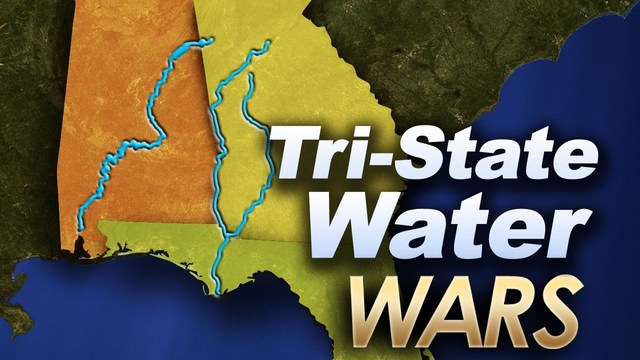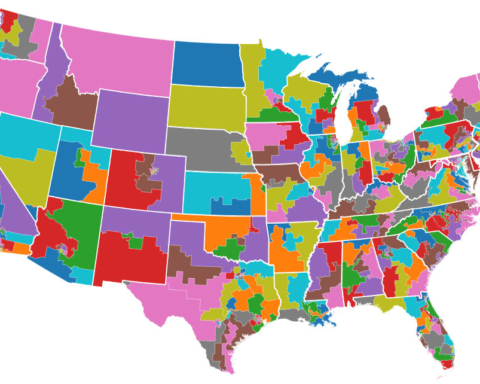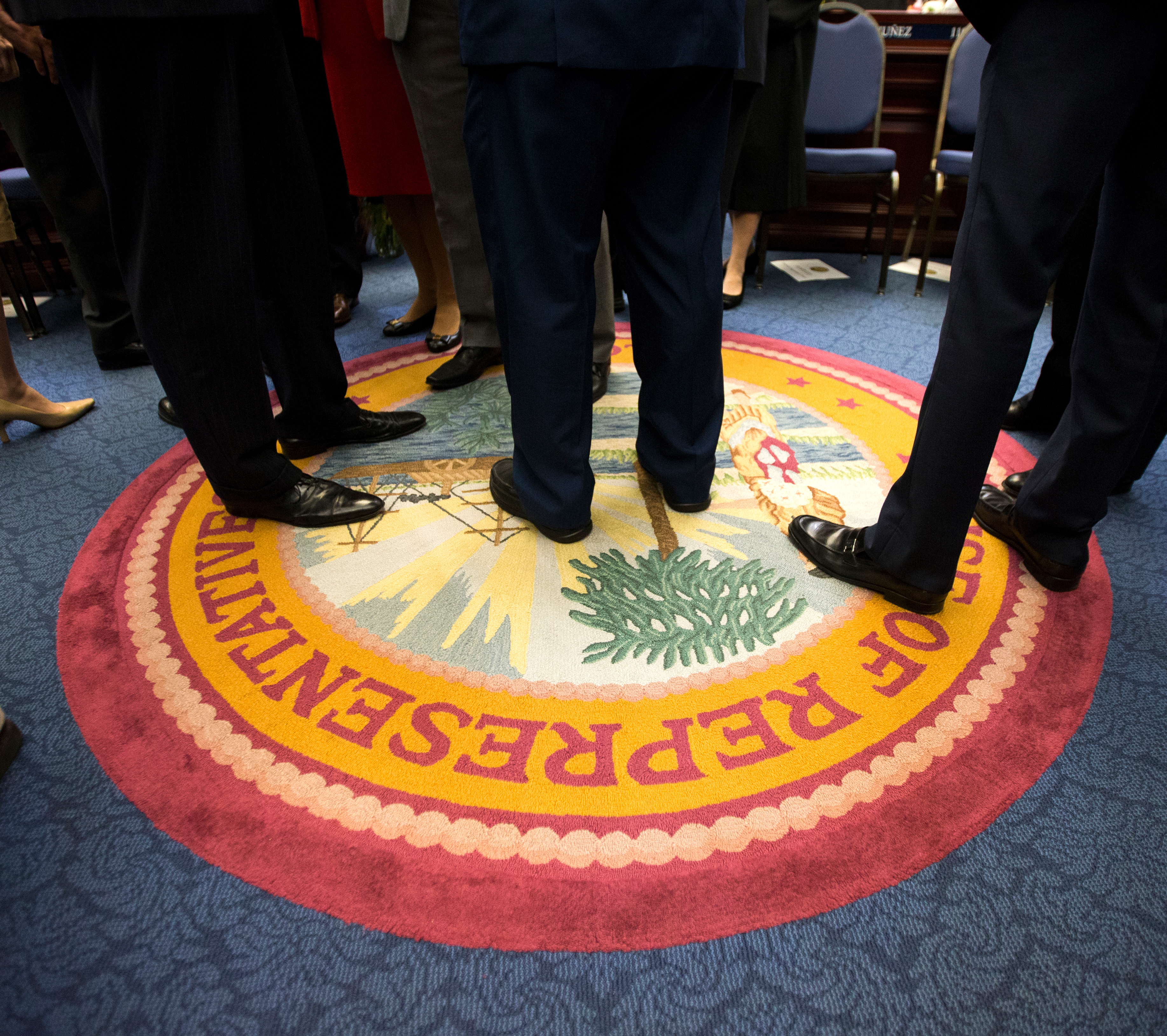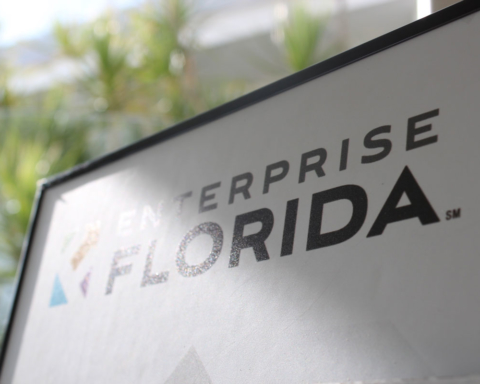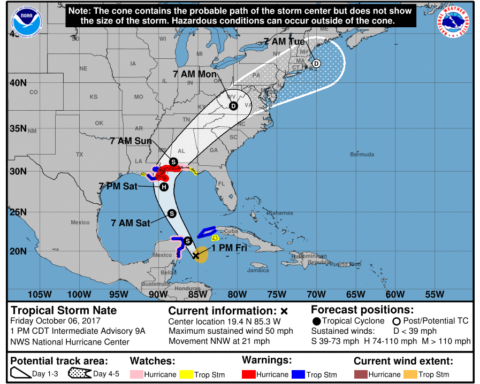An old issue returned to the news last week when a U.S. Supreme Court-appointed special master recommended the Court rule against Florida in the ongoing Water Wars saga. Ralph Lancaster said Florida has not “met its burden” in proving reduced water flows from Georgia into the Apalachicola River are the cause for the harm befalling the region’s seafood industry.
For nearly three decades Florida has tried to ensure sufficient water comes into the panhandle region that houses a good portion of this state’s seafood industry. While the Apalachicola region will suffer the most, Florida taxpayers have a stake in all of this as well.
Since 2001, Florida has shelled out $72 million in legal costs to fight this battle. Of that total, as much as $41 million is coming out of this year’s coffers. Much of this money drain is going to outside law firms.
The price tag is not lost on state lawmakers. It is certainly front and center with the Florida Department of Environmental Protection (DEP), who reported a $17 million shortfall in covering current and pending bills.
“I think the price tag is what is raising some eyebrows,” said House Appropriations Chairman Carlos Trujillo, a Miami Republican. “We really want to dive down into the bills, the action items and the cost.”
The litigation, originally begun in 1990, picked up steam in 2004 following the failure of the three states to achieve a negotiated settlement on river flows and consumption. Metro Atlanta’s increased desire/need to tap into Lake Lanier in north Georgia was also a major issue.
Both Florida and Alabama have long argued that Atlanta’s booming growth came without responsible water management. That has left all three states susceptible to catastrophic damage when droughts occur.
Anyone remember the 2006-2008 drought in the south? Apalachicola certainly does.
There was one huge opportunity to reach that cherished negotiated settlement which would have saved all of these millions along with the oysters. The Apalachicola-Chattahoochee-Flint (ACF) River Compact, established in 1997, appeared as though it would achieve its goal of preventing more litigation.
Governor Jeb Bush was personally involved in working out an agreement with his counterparts, Gov. Don Siegelman of Alabama and Gov. Roy Barnes of Georgia. Then-DEP Secretary David Struhs and his team were involved in the nuts and bolts.
The compact was extended numerous times, but shortly before it would finally expire in 2003, a tentative understanding was reached between the states. Florida negotiators indicated all that remained was literally putting the final details on paper.
But it was not to be. At the last moment, Florida negotiators said Georgia blew up the agreement.
Teri Donaldson certainly remembers it. As DEP’s General Counsel from 1999-2004 and a former federal prosecutor, she was significantly involved in the negotiations with Georgia and Alabama.
I remember being in her office the next day. As DEP’s spokesman, I had to ask the inevitable question of “what happened?” I won’t forget her response.
“Georgia moved the goal posts,” she said.
Georgia’s decision to back away effectively, but not officially, marked the end of sitting around the table to make a deal. After 2004, the parties would still be seated at tables, but on opposite sides in courtrooms.
More than a decade and $72 million later, this is where the water wars stand. Florida, especially Apalachicola, is worse off since the day the tentative agreement collapsed.
It is tough to see how things get better.
Florida lawmakers may be asking for some of that money back. At issue is the presentation of Florida’s case, which did not include the U.S. Army Corps of Engineers. Lancaster prominently mentioned this in his recommendation to the Court.
The Corps controls water flows coming from Georgia and has basically taken Georgia’s position. How could they not be named as a defendant?
That’s exactly what House Speaker Richard Corcoran wants to know. According to a report in the News Service of Florida, the legislature may “aggressively” seek refunds for this “failure to include an indispensable party.”
The water wars will continue and apparently the legal wars will soon begin. Legal wars are not cheap either.
We were so close to avoiding all of this.

